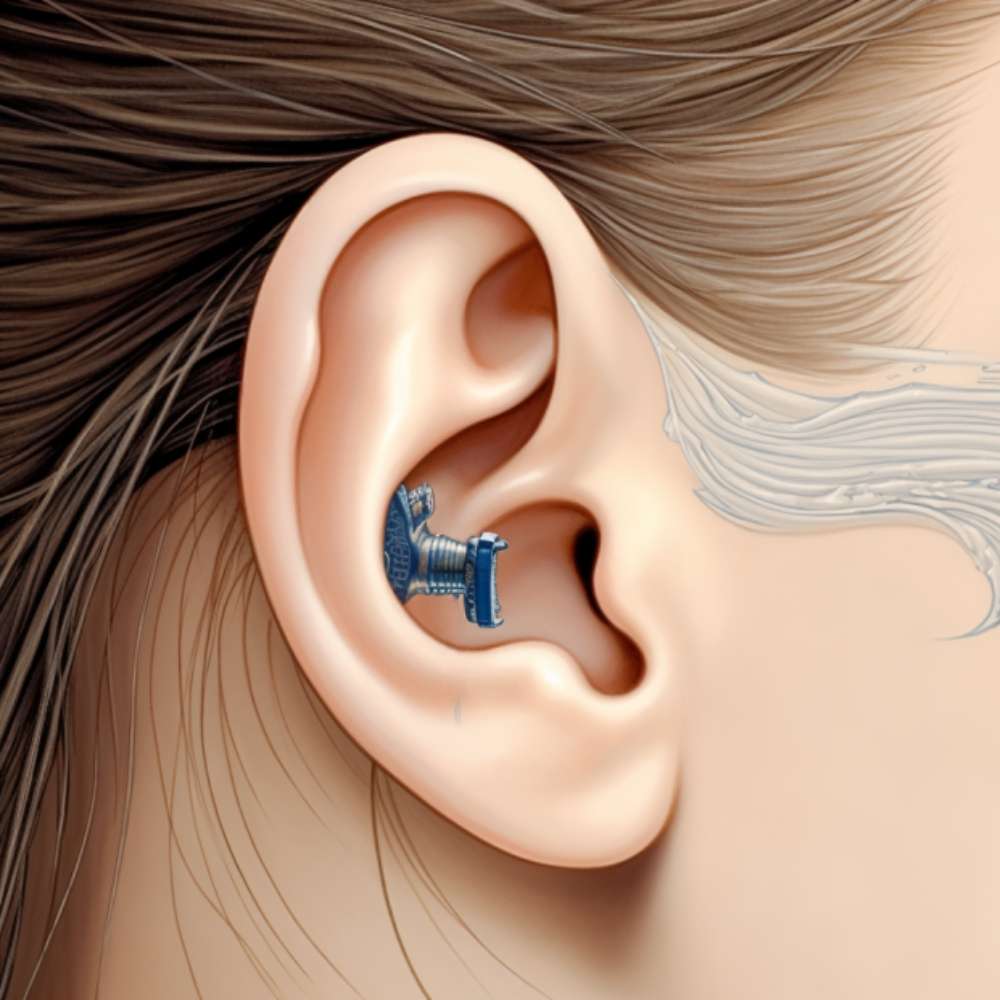Understanding and Managing Tinnitus: Effective Treatment Approaches
Tinnitus, often described as a ringing or buzzing sound in the ears, affects millions of people worldwide. This persistent auditory sensation can significantly impact quality of life, leading many to seek effective treatment options. While there's no one-size-fits-all cure, various approaches can help manage symptoms and improve overall well-being for those living with tinnitus.

What are the most effective treatments for tinnitus?
Treatment for tinnitus often focuses on managing symptoms and improving quality of life. Sound therapy is a popular approach, using external noises to mask or distract from the tinnitus. This can include white noise machines, nature sounds, or specially designed ear-level devices. Cognitive Behavioral Therapy (CBT) has shown promising results in helping individuals cope with the emotional impact of tinnitus, reducing stress and anxiety associated with the condition. In some cases, addressing underlying health issues, such as high blood pressure or ear wax blockages, can alleviate tinnitus symptoms.
How can lifestyle changes help manage tinnitus symptoms?
Certain lifestyle modifications can significantly impact tinnitus management. Reducing exposure to loud noises and using hearing protection in noisy environments can prevent further damage to the auditory system. Stress reduction techniques, such as meditation, yoga, or regular exercise, can help minimize the perceived intensity of tinnitus. Additionally, maintaining a healthy diet, limiting caffeine and alcohol intake, and ensuring adequate sleep can all contribute to better overall ear health and potentially reduce tinnitus symptoms.
Are there any new or emerging treatments for tinnitus?
Research into tinnitus treatments is ongoing, with several promising avenues being explored. Neuromodulation techniques, which aim to alter brain activity associated with tinnitus perception, show potential. This includes transcranial magnetic stimulation (TMS) and vagus nerve stimulation. Another area of interest is the use of sound-based therapies that are tailored to an individual’s specific tinnitus frequency. While these treatments are still in various stages of research and development, they offer hope for more targeted and effective tinnitus management in the future.
What role does hearing health play in tinnitus prevention and management?
Maintaining good hearing health is crucial in both preventing and managing tinnitus. Regular hearing check-ups can help identify early signs of hearing loss, which is often associated with tinnitus. Protecting your ears from loud noises, whether at work or during leisure activities, is essential. For those already experiencing tinnitus, properly fitted hearing aids can not only improve hearing but also help mask tinnitus sounds. Some advanced hearing aids even come with built-in tinnitus management features, providing a dual benefit for users.
| Treatment Approach | Provider Type | Key Features |
|---|---|---|
| Sound Therapy | Audiologists | Customized sound masking, ear-level devices |
| Cognitive Behavioral Therapy | Psychologists/Therapists | Stress reduction, coping strategies |
| Hearing Aids with Tinnitus Features | Hearing Aid Manufacturers | Improved hearing, tinnitus masking |
| Neuromodulation | Specialized Clinics | TMS, vagus nerve stimulation (experimental) |
| Lifestyle Management | Various Health Professionals | Diet, exercise, stress reduction guidance |
Prices, rates, or cost estimates mentioned in this article are based on the latest available information but may change over time. Independent research is advised before making financial decisions.
Living with tinnitus can be challenging, but with the right approach and treatment plan, many individuals find significant relief. A combination of medical interventions, sound therapies, psychological support, and lifestyle adjustments often yields the best results. As research continues to advance, new treatments may offer even more effective ways to manage tinnitus. For those affected, consulting with healthcare professionals specializing in audiology and tinnitus management is crucial in developing a personalized treatment strategy that addresses their unique needs and improves their quality of life.
This article is for informational purposes only and should not be considered medical advice. Please consult a qualified healthcare professional for personalized guidance and treatment.




